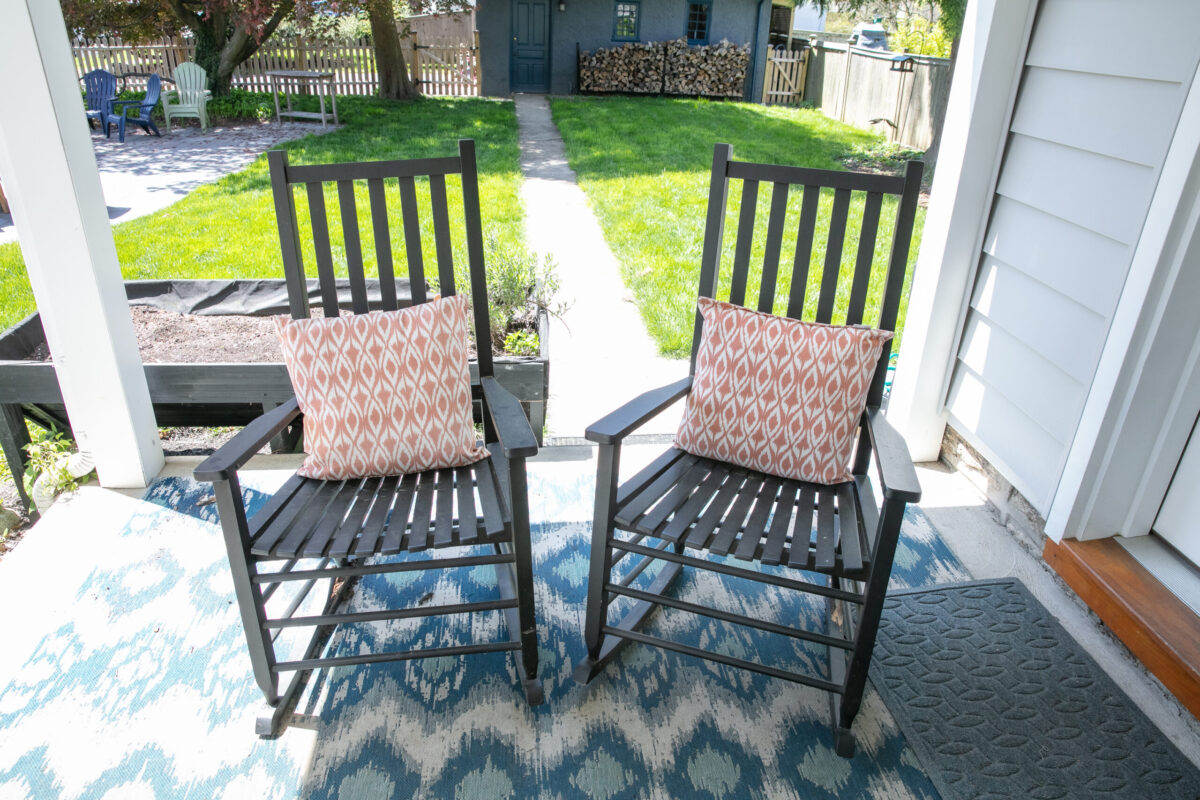It’s practically a universal truth: If you are in a good mental state of mind, you’re more inclined to be active and exercise. If you are well and fit, your mind feels sharper and more focused. Mental and physical health are equal partners. The need for that balance grows even stronger with age.
The Circular Relationship between Physical and Mental Health
For an older person, physical decline – be it a lack of stamina, aches and pains, or loss of coordination – can lead to isolation. Perhaps they are no longer able to drive. They can’t participate in social events or continue hobbies. Their independence starts slipping away. This can lead to depression and a perceived lack of purpose.
As isolation and depression deepen, cognitive decline is exacerbated. This becomes an unending cycle. Depression and isolation then lead to further adverse physical conditions such as:
- High blood pressure
- Obesity
- Heart disease
- Weakened immune system
- Alzheimer’s disease
All of which can lead to a greater sense of isolation and lack of purpose. Further mental decline. The cycle continues but can be halted or deterred with action.
The Importance of Treatment
Mental illness can impact anyone, but it is especially prevalent in older adults. At least one in four older adults experiences some mental disorder, such as depression, anxiety, or dementia. That number is expected to double within 10 years as the aging population increases.
Therefore, it’s important to identify warning signs that your loved one is feeling isolated or unable to enjoy life. According to the National Institute of Health, signs to watch for are:
- Noticeable changes in mood, energy level, or appetite
- Feeling flat or having trouble feeling positive emotions
- Difficulty sleeping or sleeping too much
- Difficulty concentrating, feeling restless, or on edge
- Increased worry or feeling stressed
- Anger, irritability, or aggressiveness
- Ongoing headaches, digestive issues, or pain
- Misuse of alcohol or drugs
- Sadness or hopelessness
- Suicidal thoughts
- Engaging in high-risk activities
- Obsessive thinking or compulsive behavior
- Thoughts or behaviors that interfere with work, family, or social life
- Engaging in thinking or behavior that is concerning to others
- Seeing, hearing, and feeling things that other people do not see, hear, or feel
Get Help
There are things you can do and many resources available if you notice your loved one is deteriorating. Research suggests that seniors benefit from supportive social connections and close personal relationships. Many communities offer senior programs and transportation options. Philadelphia, in fact, offers six centers for older adults that have programs ranging from recreational to educational, along with transportation options.
Often as we age, maintaining a household or managing finances can create a feeling of anxiety and stress that can lead to mental and physical decline. The services we provide at Life Managers & Associates can help relieve these pressures, by assisting with budgeting and bill paying, organizing, de-cluttering, and creating a safe space to age in place.
By paying attention and acting quickly when you see a warning sign, you can help your loved one preserve their independence, as well as their physical and mental health.

